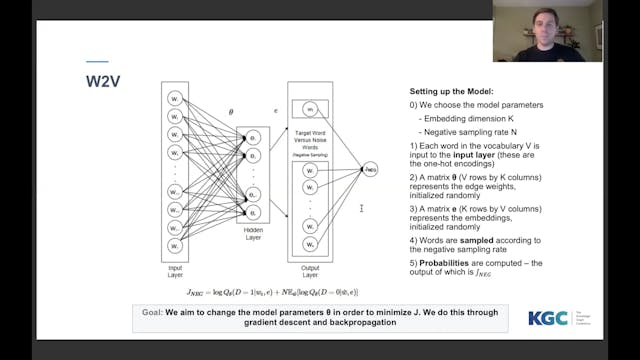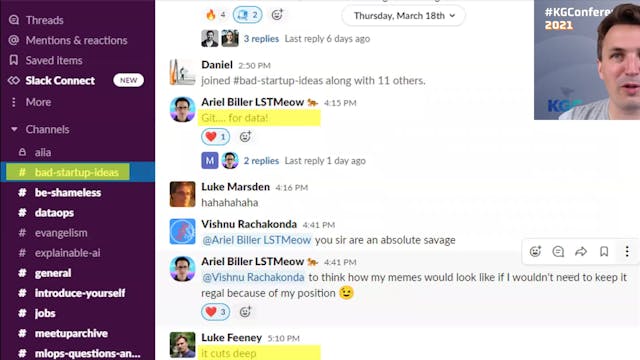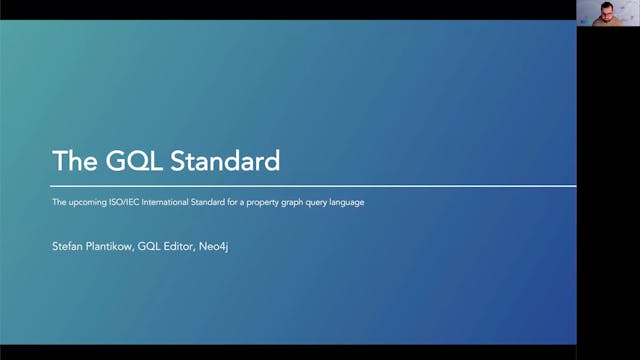Maulik Kamdar | Elsevier's Healthcare Knowledge Graph
KGC21 | Conference Only Pass
•
20m
Knowledge Graphs are increasingly being developed and leveraged in academia and industry to tackle complex biomedical challenges, such as drug discovery and safety, medical literature search, clinical decision support, and disease monitoring and management. In this talk, we will present the research and development on Elsevier’s Healthcare Knowledge Graph, a platform built to deliver advanced clinical decision support and enhanced point-of-care content discovery for clinicians and patients. Elsevier’s Healthcare Knowledge Graph uses popular linked data and semantic web technologies to capture knowledge and data from heterogeneous healthcare sources about diseases, drugs, findings, guidelines, cohorts, journals, and books. The graph is composed of medical concepts (e.g., drugs, symptoms), medical term labels and synonyms for these concepts, hierarchical and associative typed relations (e.g. drug—disease relations) between these concepts, and mappings to codes in external terminologies used in clinical data integration and electronic medical record systems. We will demonstrate how subject matter experts curate and visualize the Healthcare Knowledge Graph through novel exploration interfaces to keep the medical knowledge regularly updated, and also showcase how operationalized natural language processing pipelines continuously tag and extract novel medical concepts and relations within synoptic and reference medical content. We will walkthrough how Elsevier’s Healthcare Knowledge Graph platform is used to provide actionable knowledge in user-facing applications in the domains of focused and precise clinical search, clinical decision support, and content recommendation. This talk will provide a perspective on how such knowledge graphs will enable the capture, representation, and provision of complex medical knowledge of high velocity, variety, volume, and veracity, to power trusted clinical and biomedical research applications.
Up Next in KGC21 | Conference Only Pass
-
Alex Kalinowski | Structured To Unstr...
Identification of entities and the relations between them is a difficult task for traditional pattern-based matching or machine learning approaches; these techniques rapidly overfit training datasets and struggle to transfer to other contexts or domains. Utilizing outside knowledge, such as facts...
-
Luke Feeney | Why A Knowledge Graph I...
There has been an explosion of tools - especially in the machine learning space - describing themselves as ‘git for data’. This talk will review the main open source players and link the interest to data mesh architectures. Not to jump to outcomes without first conducting the review, but it will ...
-
Stefan Plantikow | The Upcoming GQL S...
Following the GQL Manifesto, the ISO working group that develops the SQL standard voted to initiate a project for a new database language: GQL (Graph Query Language). This talk presents an overview of the goals of GQL and the progress so far, key aspects of the language design such as the basic d...



